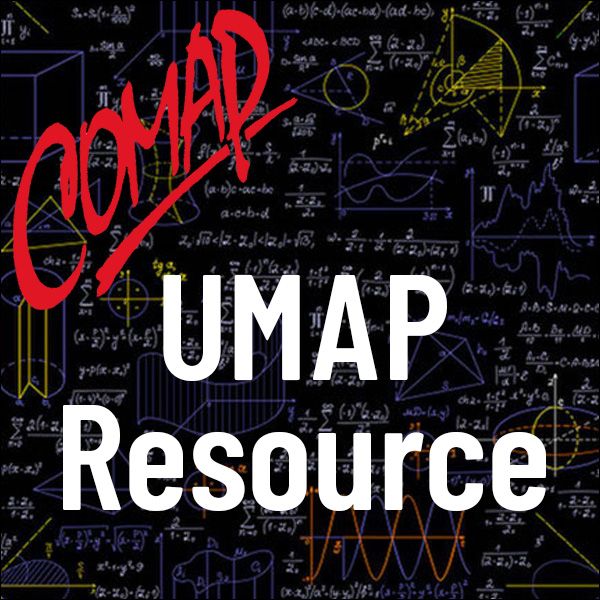Product ID: On Jargon
Supplementary Print
Undergraduate
Chaos: Graphical Depiction, Logical Dissection, and Manhattan Analogy
Author: Paul J. Campbell, Philip D. Straffin
An iterated-function dynamical system is a continuous map F from a metricspace X to itself. The sequence of iterates of F starting at x, {Fn(x)}, is theorbit of x. There are a number of competing definitions for chaos [Martelli et al. 1998]. Devaney [1989, 50; 1992, 119] defines a dynamical system F : X ?® X to be chaotic if
1. Periodic points for F are dense in X: For any point x, arbitrarily close to x there is a periodic point y, that is, a point y for which there is some n for which Fn(y) = y.
2. F is transitive (or mixing): For any point x and any point y there is a third point z arbitrarily close to x whose orbit comes arbitrarily close to y.
3. F depends sensitively on initial conditions: There is a ƒÀ > 0 such that for any point x, there is a point y arbitrarily close to x such that for some n, Fn(x) and Fn(y) are at least ƒÀ apart.
Our class experience is that these verbal descriptions are complicated enoughto make students long for clarification.
Table of Contents:
INTRODUCTION
GRAPHICAL DEPICTION
LOGICAL DISSECTION
MANHATTAN ANALOGY
REFERENCES
ABOUT THE AUTHORS
1. Periodic points for F are dense in X: For any point x, arbitrarily close to x there is a periodic point y, that is, a point y for which there is some n for which Fn(y) = y.
2. F is transitive (or mixing): For any point x and any point y there is a third point z arbitrarily close to x whose orbit comes arbitrarily close to y.
3. F depends sensitively on initial conditions: There is a ƒÀ > 0 such that for any point x, there is a point y arbitrarily close to x such that for some n, Fn(x) and Fn(y) are at least ƒÀ apart.
Our class experience is that these verbal descriptions are complicated enoughto make students long for clarification.
Table of Contents:
INTRODUCTION
GRAPHICAL DEPICTION
LOGICAL DISSECTION
MANHATTAN ANALOGY
REFERENCES
ABOUT THE AUTHORS

©2007 by COMAP, Inc.
The UMAP Journal 28.1
4 pages
Mathematics Topics:
Number Theory
Application Areas:
Civil Engineering
You must have a Full Membership to download this resource.
If you're already a member, login here.
Not yet a member?
Browse More Resources
Search